Intercultural Crosstalk
Caregivers From Abroad③ -The Future of the Care-giving Profession-
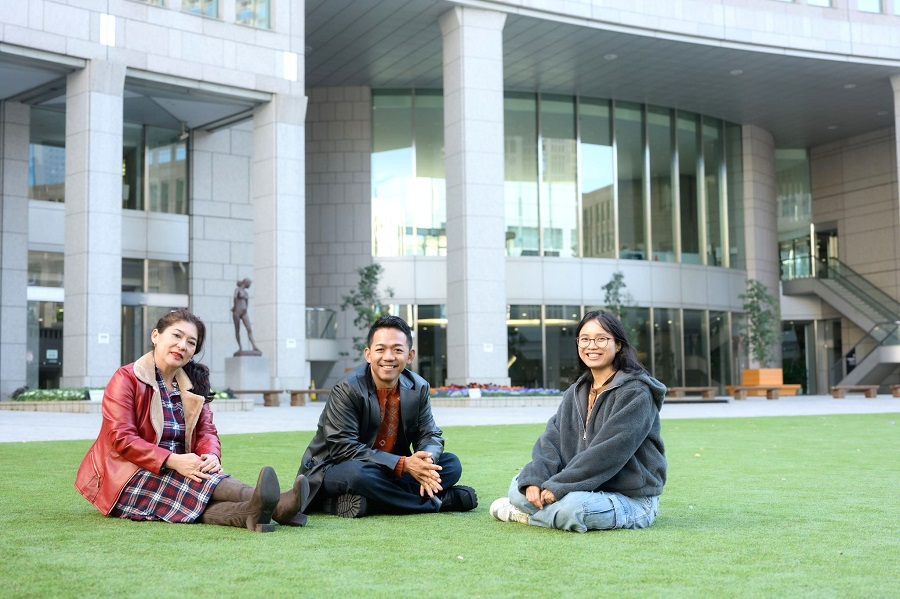
See their profiles here
Click for "1st Round" Here
Round 3: The Future of the Care-giving Profession
We asked 3 caregivers working in the field to talk about the future of the care-giving profession, the rewards of working in the field, and whether they want to continue working in the field.
How Do You Think the Future of the Care-giving Profession Can Be Made Easier?
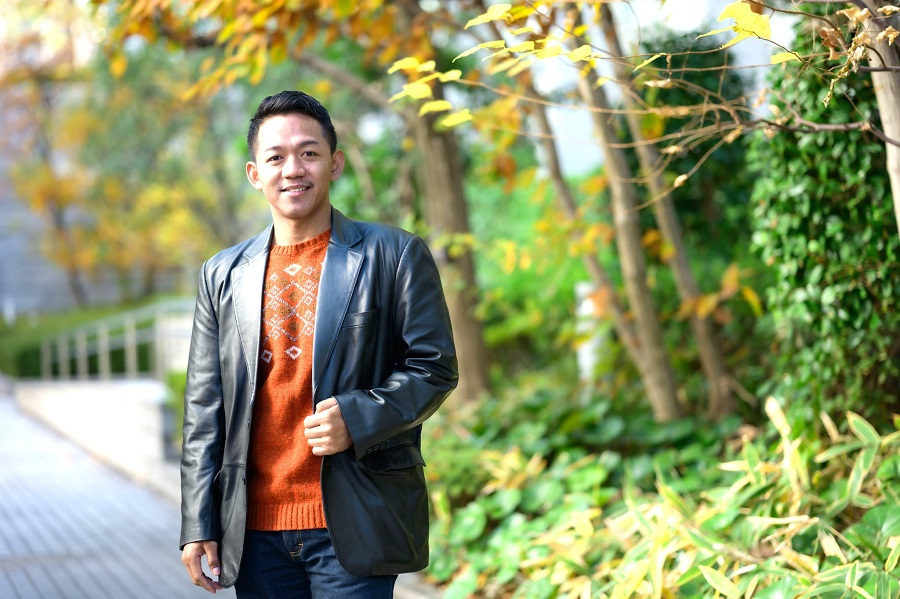
If you have a mix of early, day and late shifts, it's tough until your body gets used to it. Even if you want to work in elderly care, it's hard to get in. I wish we could work on a weekly basis.
Because it's a job that requires teamwork, it's important to have good communication. Caregiving is all about communication. We work as a team, so if we don't say what we're thinking, teamwork won't work.
I think it would be easier to work if each person took responsibility for their own work. For example, if two people are supposed to change diapers but one forgets and goes off to do something else, it's hard for the other person to do it all by themselves.
That's why teamwork is important. It's important to finish your role and responsibilities properly, and in order to do that, communication is necessary. Also, reporting, contacting, and consulting ("horenso" concept in Japanese) is very important. Since it's a job that involves other people, you need to be able to respond flexibly according to the situation of the day. If you don't report and pass on information properly, it can lead to mistakes.
Although the work is the same, the circumstances of the residents change. What kind of care is given when they are unwell also changes, so it is important to receive the handover properly.
Q. Do you think that people from your country who want to work in nursing care will continue to come to Japan?
I have friends working in the care industry in Germany and Australia. It may be because of the weak yen, but like me, I think that once you live there, you feel a sense of security and want to stay in Japan for a long time.
There is a civil war in Myanmar, so many people are coming to Japan these days. If it's not Japan, then Singapore and Thailand are also popular.
In Japan, taxes are high and a lot is taken out of your salary. I think it's good when you get older, because there is long-term care insurance and you don't have to worry.
There aren't many people from Peru who come to Japan to work in the nursing care industry, but a friend of mine who was working in nursing care in Peru came here last year. She got her qualification from the Peruvian Red Cross.
What Will You Do When a Family Member Needs Full-time Care?
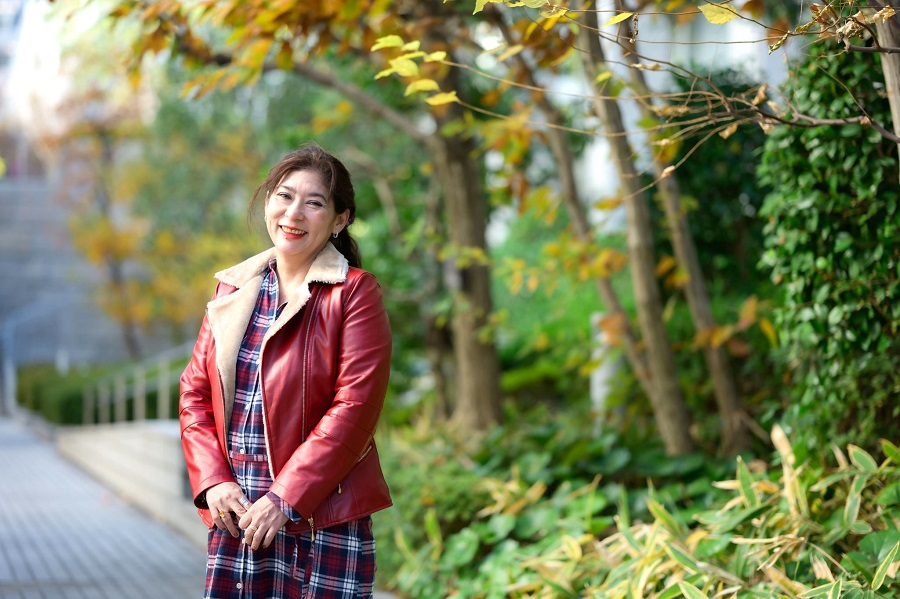
I have a younger brother and I want to live with my parents even after I get married. In Myanmar, when you get married, you often live with your husband's family. Maybe I'm being selfish, but since we live apart now, I want to live with my parents when I go back to Myanmar. If my parents need care, I will look after them at home.
In Indonesia, many people get married and live away from their parents. When they need a caregiver, their family members look after them. I have a grandmother and great-grandmother, and my family members take turns looking after them.
In Peru and Brazil, when you get married, you live separately from your parents as well. When your parents need care, you live with them. If your parents start to have problems, you bring them to your house and look after them.
Q. If you needed care, would you go to a facility or hospital, or would you prefer to stay at home?
I would prefer home.
I think I would be okay with going to the facility where I work now. It's a good facility, so I'd have to earn enough money to pay for it.
Yes, I'd be okay with going to a facility.
Is There Anything You Keep in Mind to Ensure That the Residents Are Leading Comfortable Lives?
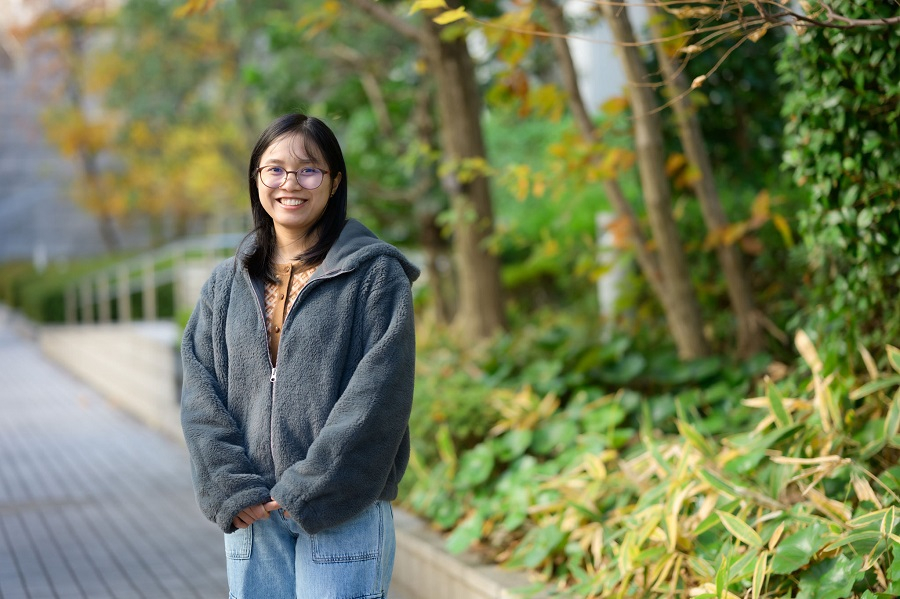
I think it's good to accept each resident as they are and provide care that is appropriate to their problems and circumstances. I think that if you learn about the things that residents like, or do your job while thinking about them, you can help them to lead more comfortable lives.
I think it's important to get to know your residents. For example, you could create a relaxing atmosphere with their favorite foods or music, or if they like baking, you could get them to participate in a snack-making event. I think it would be good to support them by respecting the things they have done and the pace they have come to the facility at.
I have been working at this facility for a long time, so I know what the residents like to do and what they should be doing at this time. Getting to know the residents is very important.
Q. What is the most rewarding thing about working caring for the elderly?
I aim to make my residents happy, so when I see them smile and hear them say "thank you", I feel rewarded. I think it's amazing to have a job that makes people happy.
I really like working in care. Before I started, I didn't have much confidence and thought I wouldn't be able to do it, but once I started, I really enjoyed it and learned a lot. I also hear a lot of "thank yous". It's rewarding to know that the residents are having a good time.
I'm always told things like "Thank you, Miss", "You're so kind, Miss". When they say "Ms. Zar, please do this", I think they trust me. When there is a relationship of trust, they will talk to me about their worries, and even about things from their past lives or things they can't tell anyone else.
It's a lesson in life for me. Everyone is a much more experienced veteran of life than I am.
Will You Continue Working in Elderly Care?
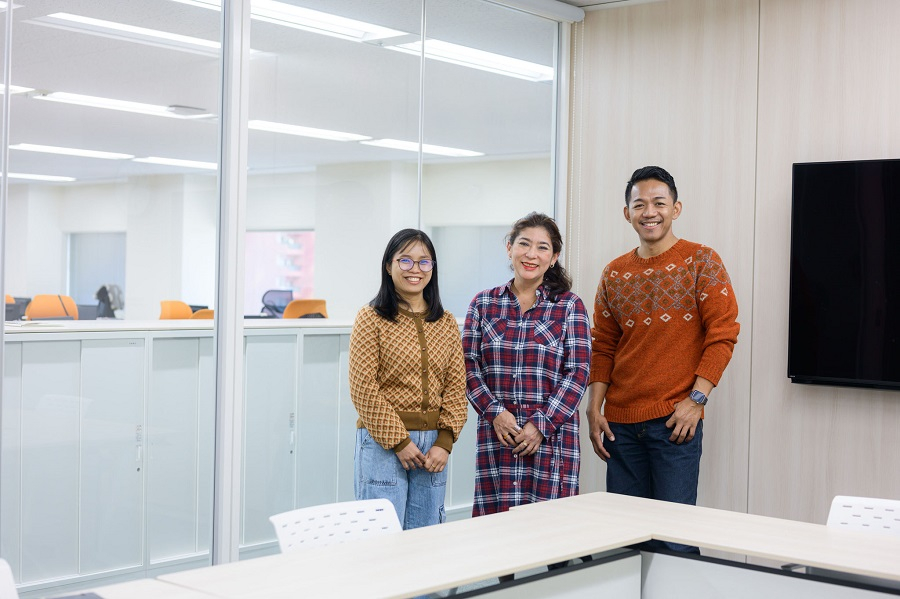
I want to continue working in the care industry in Japan.
I want to too. I think that working in the care industry is the job that suits me best. I think that it's wonderful to be able to see people's smiles as a job.
I can talk to the residents and hear their past stories. I also feel like I get a lot of days off. I started working in elderly care when I first came to Japan, so I don't think I could do any other job.
I've done lots of different jobs, but since I started working in elderly care, I don't think I could go back to doing anything else. In elderly care, I can talk to the residents and there are lots of things I can learn. I make tea, fix clothes, and do lots of other things. So it's fun and rewarding.
Many office workers have Saturdays and Sundays off, so it's crowded and expensive wherever you go. It's great that you can decide your own days off.
Q. How do you want to work from now on?
My company has been telling me for three years that I should become a chief caregiver, but I don't want to do that because it involves a lot of paperwork. I like being out in the field, so I don't really want that as a career. My goal is to learn caregiving techniques so that I can use them when I go back to my own country in the future.
I want to become a leader in the field of care by gaining more experience. It may be difficult, but I'm going to do my best. I want to do more things of my own accord.
I lost my parents at an early age, so I think of the residents as my family when I'm caring for them. When I go to the facility, there are residents who are waiting for me. That makes me very happy. I hope I can continue to enjoy this work in the future.
How did you find the 3-part series on "Caregivers From Abroad"?
Through the stories of the 3 participants, we hope that some of you felt that caring for the elderly was a little more familiar, and that some of you may have changed your image of the work involved. All 3 participants said that they wanted to continue working in this field, and we could feel that they were enjoying their work while finding their own sense of fulfillment and enjoyment.
This is the final installment of the 3-part series. A new series will begin next month.
